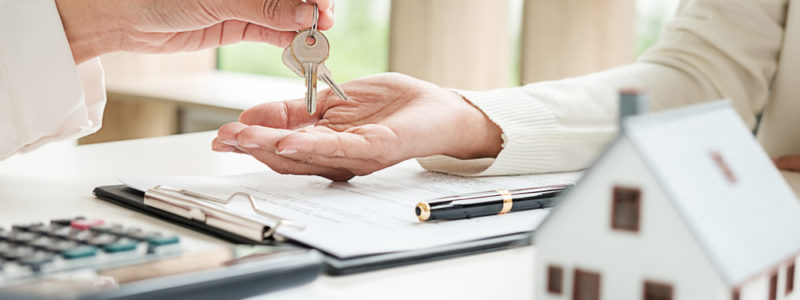
Real estate investment in Luxembourg: tax considerations
Luxembourg is an attractive market for property investment, whether for personal or professional reasons. However, the tax aspects of these investments should not be overlooked. Understanding the tax implications of buying, holding and selling real estate in Luxembourg is essential to optimize your investments and avoid unpleasant surprises. This article examines the main tax aspects to consider for any real estate investor in Luxembourg.
Tax on rental income
When you own a property that you rent out, the income generated is subject to personal or corporate income tax, depending on how the property is held. Gross rental income is taxable, but there are several deductions that can be applied to reduce the tax burden. These include mortgage interest, maintenance costs, insurance premiums and property taxes. Optimizing these deductions is a key strategy for significantly reducing the tax due on rental income, which can improve the profitability of your investment.
Real estate capital gains
Capital gains realized on the sale of real estate are also subject to taxation. In Luxembourg, capital gains tax depends on the length of time the property has been held. Capital gains on property held for less than two years are taxed at the marginal income tax rate, which can result in a significant tax burden. On the other hand, capital gains on properties held for more than two years benefit from a substantial tax allowance, reducing the tax payable. Planning the length of the holding period is therefore crucial to optimizing capital gains tax and maximizing net gains.
Property wealth tax
Companies owning real estate in Luxembourg may be subject to wealth tax. This tax is calculated on the net value of the real estate assets held by the company, with certain possibilities for exemption, notably if the property is used for the company’s economic activities. For institutional investors or asset management companies, structuring investments to minimize this tax is essential. This may include the use of specific investment vehicles or the strategic revaluation of real estate assets to reduce the tax base.
Registration and transcription fees
When buying a property in Luxembourg, registration and transcription fees are charged. These fees generally represent around 7% of the purchase price for residents, and may be higher for non-residents. These fees must be taken into account when purchasing a property, as they increase the total cost of the investment. Although these costs are unavoidable, it is possible to anticipate them to better plan the financing of the property purchase.
VAT and real estate
Real estate transactions may also be subject to VAT, particularly in the case of new-build properties or construction activities. The standard rate of VAT in Luxembourg is 17%, but reduced rates may apply under certain conditions, for example for social housing or energy renovations. Understanding when and how VAT applies is essential to avoid unexpected costs. Careful tax planning can also enable all or part of the VAT paid to be reclaimed, optimizing the overall cost of the investment. Property investment in Luxembourg offers many opportunities, but it’s essential to be well informed about the tax implications to get the most out of them. Careful tax planning and a good understanding of the various tax aspects can not only improve the profitability of your investment, but also protect you against unforeseen costs. Working with real estate tax experts is often recommended to ensure that all possible strategies are put in place to optimize your investment.

